Description
Le cépage Marsanne dans la vallée du Rhône produit des vins concentrés et longs en bouche qui, à maturité, séduisent les connaisseurs par leur grande complexité et leur élégance. À l'Ermitage, Michel Chapoutier élabore ce vin de parcelle, la collection la plus prestigieuse, avec à peine 2 hectares de vignobles remplis de galets d'origine alluviale. Le millésime 2017 surprend par sa salinité et sa minéralité, avec une tension en bouche remarquable
Fiche technique
Dégustation
Vignoble et élaboration
L'avis des experts
The 2017 Ermitage le Meal Blanc starts with refined notes of crushed stone and pencil shavings that move into a whirlwind of lush fruit, ranging from pineapple through melon and pear. It's rich, almost custardy in texture, yet it's backed by mineral notes of crushed stone and delivers awesome freshness on the long finish. It's an exhilarating ride. 508 cases produced.
As with all the whites from Chapoutier today, the 2017 Ermitage Le Méal Blanc has a kiss of reduction in its rich, full-bodied, powerful style, which gives the wine a more focused, backward style than normal. A huge nose of celery seed, caramelized citrus, honeysuckle, and turmeric as well as plenty of minerality all emerge from the glass, and this beauty gains depth and richness with time. Hide bottles for 3-4 years and it should keep nicely for two decades or more.
A beautifully rich and complex nose with lemons and limes, white and yellow peaches and a surge of spicy oak, roasted almonds and a flicker of reductive flint. The palate has seamless build and rich, deep-set, ripe-fruit flesh. Smooth, buttery and freshly cut at the finish. Drink or hold.
This 100% Marsanne comes from a 2ha plot of 50-year-old vines on alluvial deposits and large stones. 2008 was a fairly average vintage in the Rhône, arguably the worst of the 2000s along with the dire 2002, but the whites are better than the reds, as this wine shows. It's a little skinnier and straighter than average, but still thoroughly enjoyable, with a little touch of vanilla pod to the poached pear and mango flavours. It has vibrant acidity and a more bitter finish than usual. Not a great vintage for this wine, but from a global perspective it's still very good. Drinking Window 2019 - 2023.
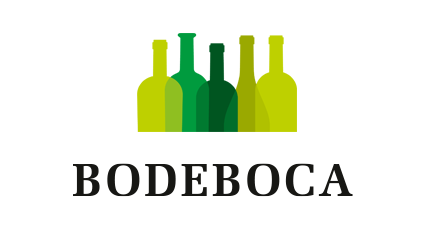
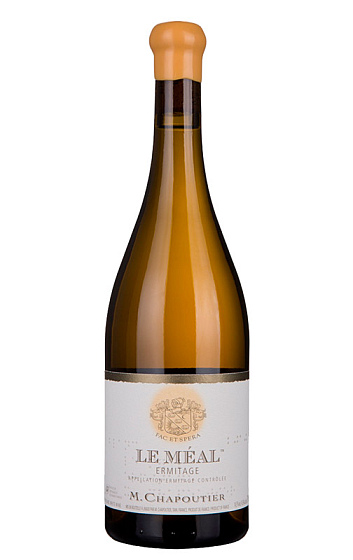


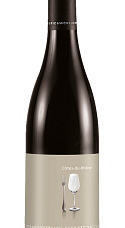
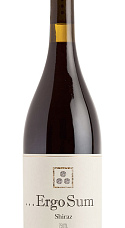
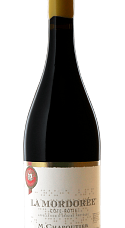
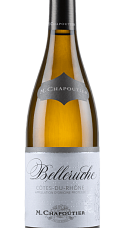
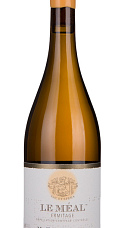
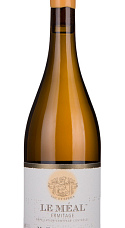





Millésimes: 2022 2021 2020 2017
Nos membres n’ont pas encore laissé de commentaires pour ce millésime. Cliquez sur les millésimes précédents pour accéder aux commentaires.
Nos membres n’ont pas encore laissé de commentaires pour ce millésime. Cliquez sur les millésimes précédents pour accéder aux commentaires.